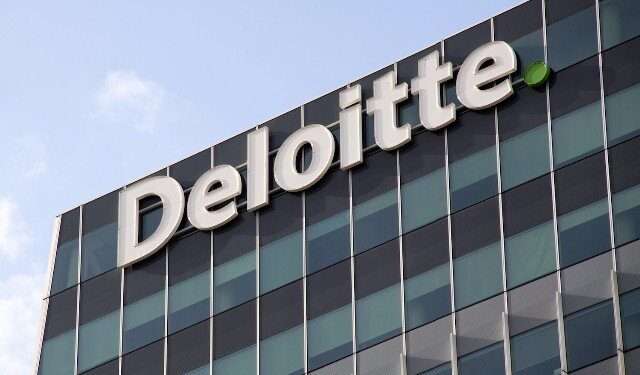The Ghana Revenue Authority, GRA, has clarified that an internal analysis on the benchmark value policy (discount policy) on import values was not approved by government thus the policy is inapplicable.
Benchmark values are reference values that Customs use in determining values that could be imposed on imports meant for clearance at the country’s ports.
According to a statement issued by the authority which was sighted by the Vaultz news,
“the Benchmark Value Policy (discount policy) continues to be implemented as originally announced by the Vice President, Dr Bawumia.”
The release of this statement comes after a leaked document suggests that the Ghana Revenue Authority has been directed by the government through the Ministry of Finance to reverse the 50% benchmark value reduction on some commodities against which duties paid by importers at Ghana’s ports are calculated.
Stakeholders expressed disappointment after sighting earlier leaked document

The Executive Secretary to the Importers and Exporters Association of Ghana, Sampson Asaki Awingobet, expressed his disappointment saying,
“If you come to tell us that you have reduced benchmark values and the business community has applauded you, you just did us ‘419’. It is the same thing they did to importers where they said they have abolished the duty on spare parts and we applauded the Government. When it came to implementation, they just said Abossey-Okai should come together and identify which one is spare parts and which one is not. You can imagine.”

The Welfare Officer of the Ghana Union of Traders Association, GUTA, Benjamin Yeboah also on sighting the leaked document cautioned government,
“compliance is not by putting more security personnel at the borders but by putting in place tax exemptions like the 50% reduction in the benchmark values. If these are removed, then smuggling and other illegalities will resume,” he said.
If smuggling and compliance issues become prevalent at the various points of entry, government will lose revenue generated from the ports and borders.
But GRA has clarified
“that the said document with the list of items at both the heading and subheading levels of the HS code is an internal document analyzing the impact of the policy on our revenue collection with regards to those items as well as the impact on local industries, public health safety the environment,” the authority stated.
GRA, however, says it will continue to appreciate cooperation and support from the trading public and other stakeholders while urging them to assist the authority in its revenue mobilization efforts.
The Vice-President, Dr Mahamudu Bawumia, last year, announced a drastic reduction in the benchmark values by 50% at a town hall meeting in Accra.




















